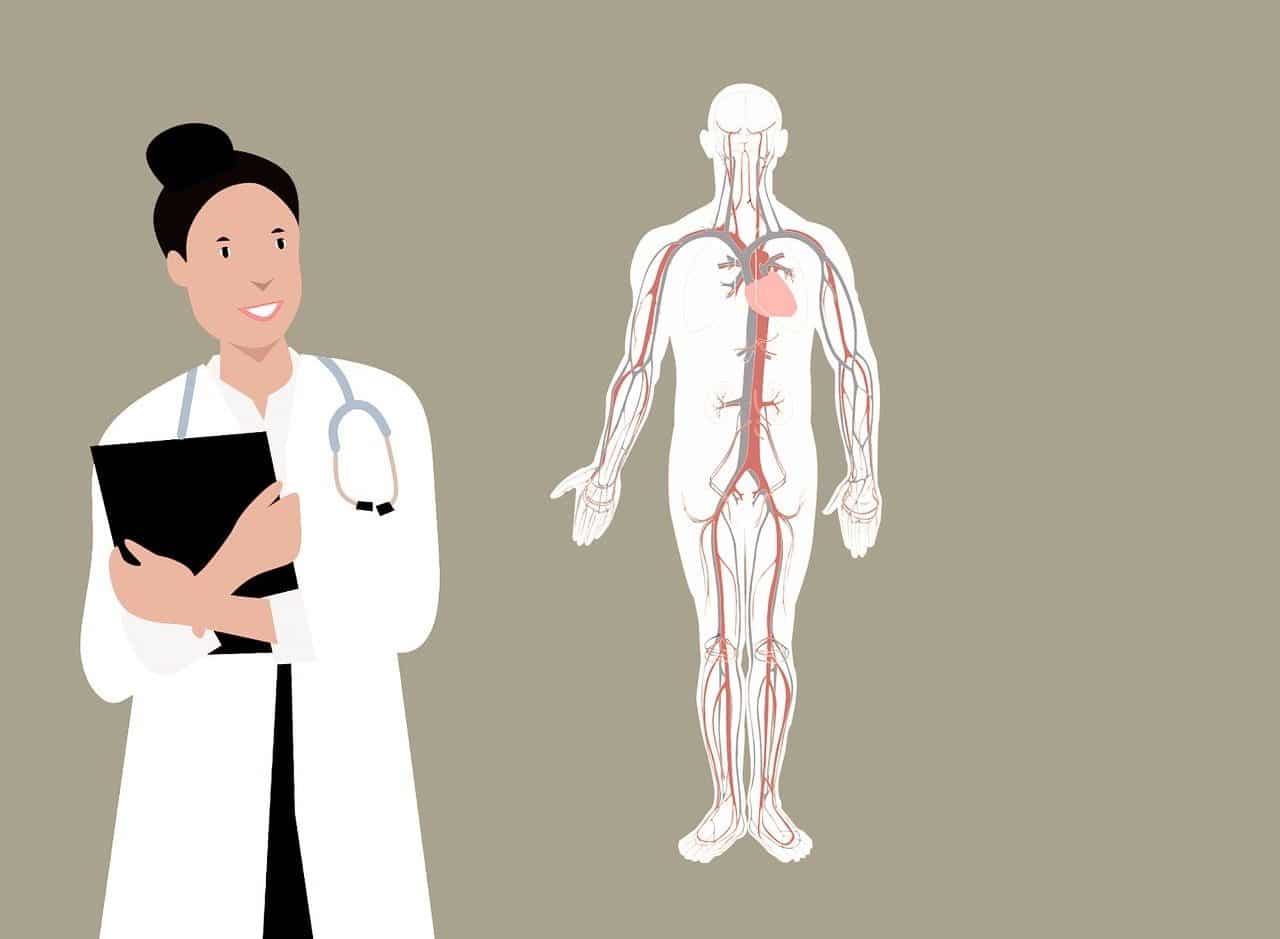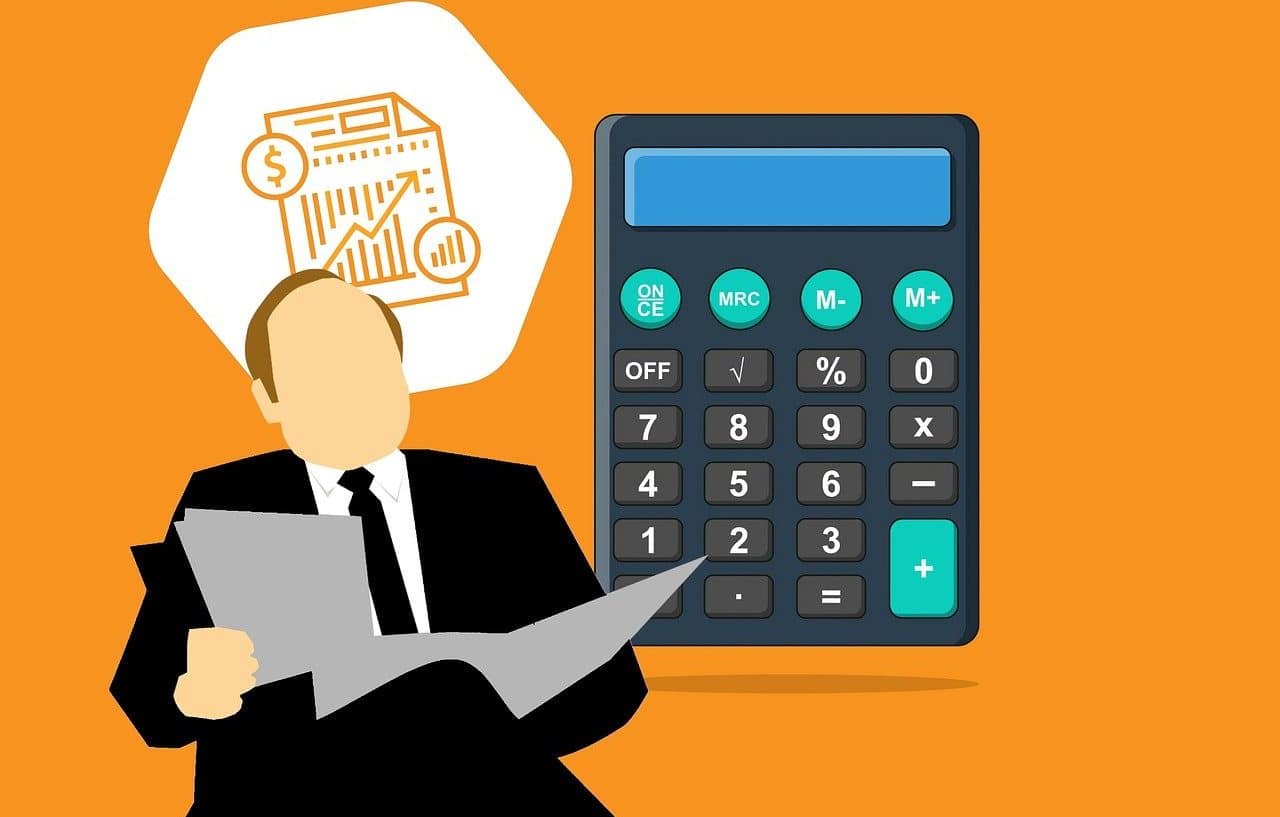
In medicine, propensity is associated with a high probability of suffering from a health disorder.
Propensity is a term that derives from propensio , a Latin word. It's about the process and consequences of bias . This verb, for its part, refers to a tendency or inclination towards something.
For example: “This player has a propensity to attack from the right” , “The governor has shown a propensity to despise those who do not think like him” , “Those who do not eat healthily have a greater propensity to suffer strokes” .
Propensity in medicine
The idea of propensity appears in various contexts. In the field of medicine , propensity refers to a higher probability than usual of experiencing a certain health disorder, motivated by genetic factors, habits, etc.
A study may indicate, for example, that people who do not rest properly have a propensity to suffer from stress and anxiety disorders. What the phrase reveals is that the subject who does not sleep the amount of hours that is considered healthy (about eight hours) is more likely to experience certain psychological imbalances.

The idea of propensity is used in economics.
The term in economics
The propensity can also be seen in economics . When talking about the marginal propensity to consume , mention is made of the estimate of how much an individual's consumption spending increases by managing to increase their profits by taking a given monetary unit. From a mathematical point of view, the marginal propensity to consume can be calculated by dividing the change in consumption by that in disposable income.
In other words, through this equation we can know the relationship that exists between the variation in consumption and that of disposable income. According to Keynesianism , a theory formulated by British economist John Maynard Keynes in 1936 to respond to the Great Depression (a crisis that spread globally in the 1930s ), consumption can be expressed as the sum of fixed consumption plus output. of marginal propensity to consume by disposable income .
Marginal propensity to save
To better understand the formulas, let's take the two extreme cases: if the marginal propensity to consume is 1 , this means that the person uses all of their income as soon as they receive it; On the contrary, if the result is 0 , you save all the income you receive. For any other value, the presence of another concept arises: the marginal propensity to save .
The marginal propensity to save reveals the tendency to increase savings as the person's income increases. Contrary to the marginal propensity to consume, if its value is 1 , the person saves all of his or her income, while if it is 0 , he or she spends it completely.
When the value of any of the concepts just presented is between 0 and 1, the reading that should be made is the following: a marginal propensity to consume of 0.4 indicates that the subject spends 40% of his new income and, therefore Therefore, save the rest; From the point of view of the marginal propensity to save, this same example would be expressed with the value 0.6 , since effective savings are 60%.
It is important not to confuse the marginal propensity to consume with the average propensity to consume , a concept that serves to describe the percentage of consumption that a person makes with respect to their income.
The concept applied to accidents
Accident proneness is the tendency to expose oneself to risky situations, which some people have unconsciously.
For several decades now, various specialists in the human mind have studied this issue in detail, and some attribute it to a deficiency in attention and a poor ability to prevent and plan. The cartoon character "Mister Magoo" is a clear example of this condition, although it is a comical and exaggerated representation.
